
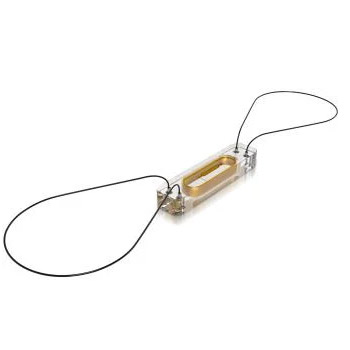
New data presented at the Technology and Heart Failure Therapeutics (THT) Conference showed that hemodynamic monitoring can slow the progression of heart failure in patients with reduced ejection fraction.

New data presented at the Technology and Heart Failure Therapeutics (THT) Conference showed that hemodynamic monitoring can slow the progression of heart failure in patients with reduced ejection fraction.
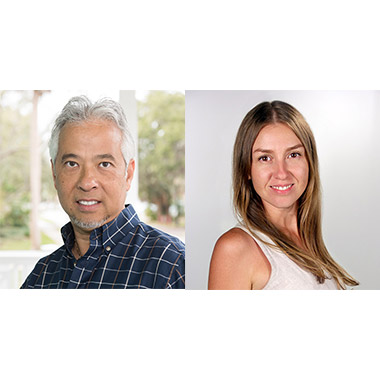
UX (user experience) design processes are constantly evolving as the industry continues to embrace IoT technologies. With this evolution comes a need to focus on improving UX protocols in the design of medical devices.
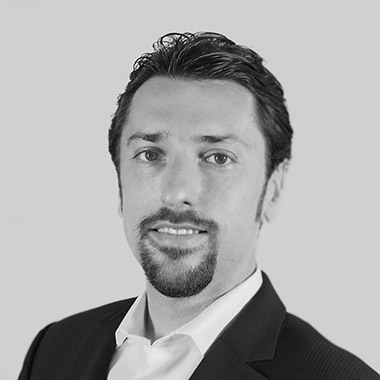
Cybersecurity in health care is anything but simple. But significant changes can be expected in the coming years.

A new guide from the Healthcare and Public Health Sector Coordinating Council recommends cybersecurity strategies that manufacturers and health providers can implement for legacy medical technology as a shared responsibility in the clinical environment, and provides insights for designing future devices that are more secure.
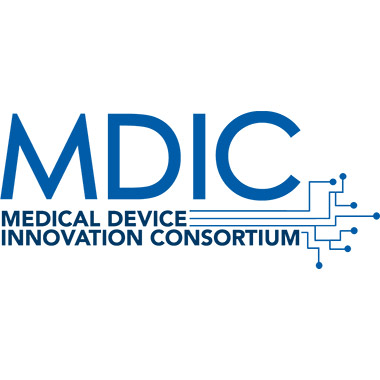
“This report validates the broad applicability—and true value—of computational modeling and simulation as a critical engineering discipline. Tangible cost, quality and performance improvements are being realized by the early adopters.”
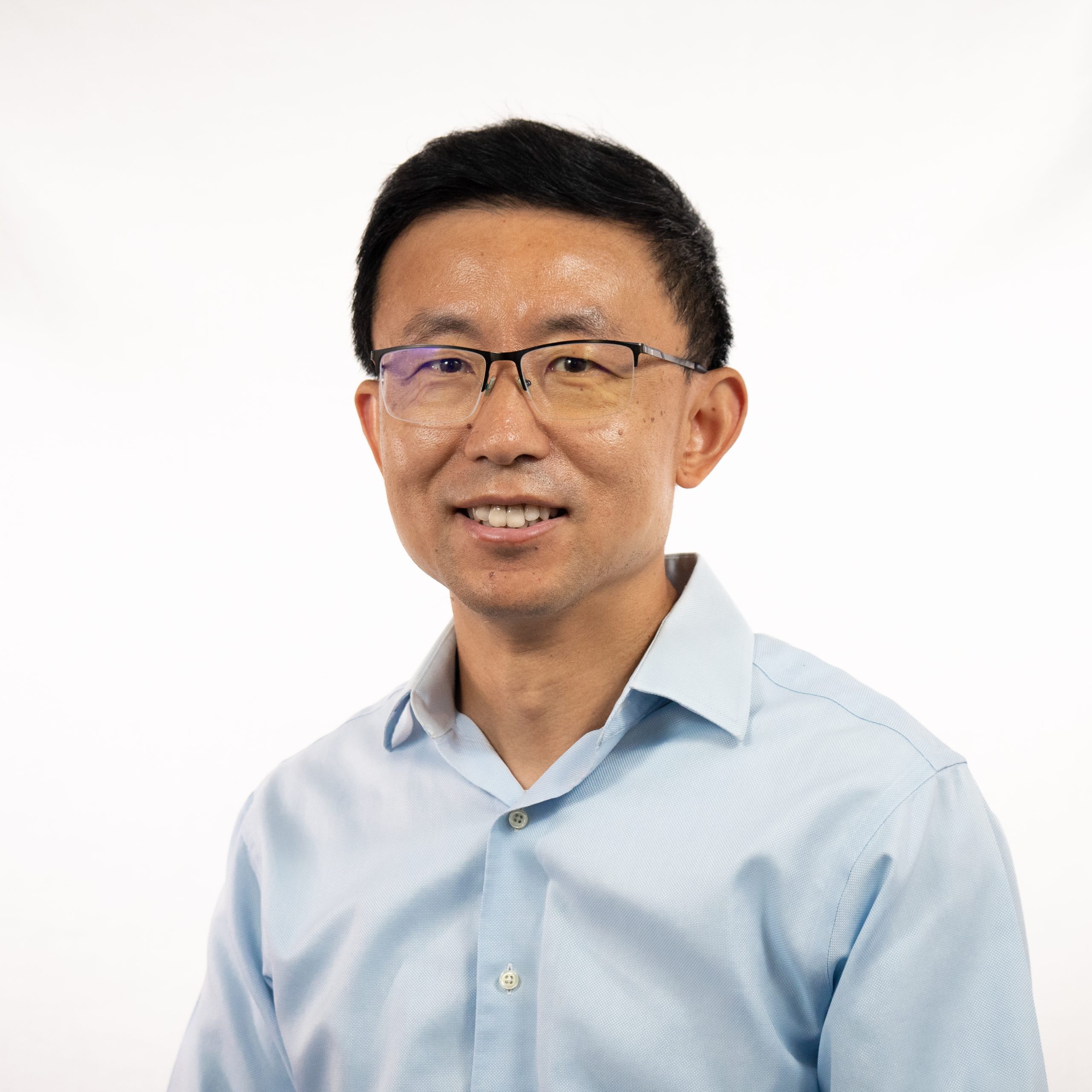
“The solution provider that builds the device and creates the algorithm should consider integration and accountability among multiple other challenges. But meeting the needs of the third element in the equation, the doctors, is key.”
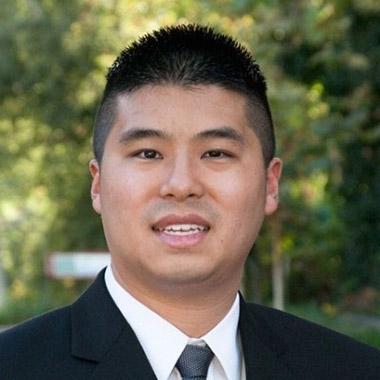
Akido is focused on addressing the systemic inequities that lead to chronic illness and vulnerability through early interventions designed around social determinants of health (SDoH), best-in-class care and human-centered technology.
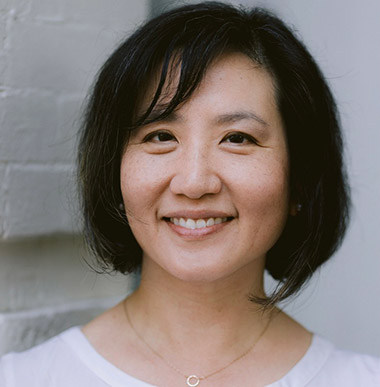
The chronic, progressive presentation of COPD, symptom overlap, and nature of patient self-reporting make it hard to identify exacerbations. We need more specific guidelines around, as well as tools for, assessing a patient’s progression from day to day. AI-supported diagnostic systems represent a potential breakthrough technology that could help us overcome significant knowledge gaps.
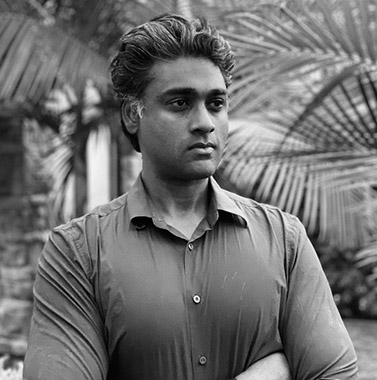
The world of medicine has long centered on the central maxim laid out in the Hippocratic Oath, “Do no harm.” When we look at the growth of AI in health care, I say let’s also include a 21st-century addendum, “Do not deceive.”
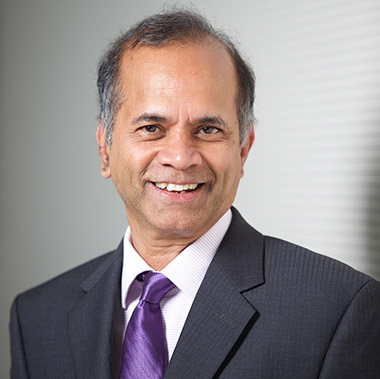
Rama Chellappa, PhD, John Hopkins University Bloomberg Distinguished Professor in electrical, computer, and biomedical engineering, and co-author of “Can We Trust AI?” looks at the promise of AI in health care and how we can best utilize this extraordinary tool to save lives and improve health equity.